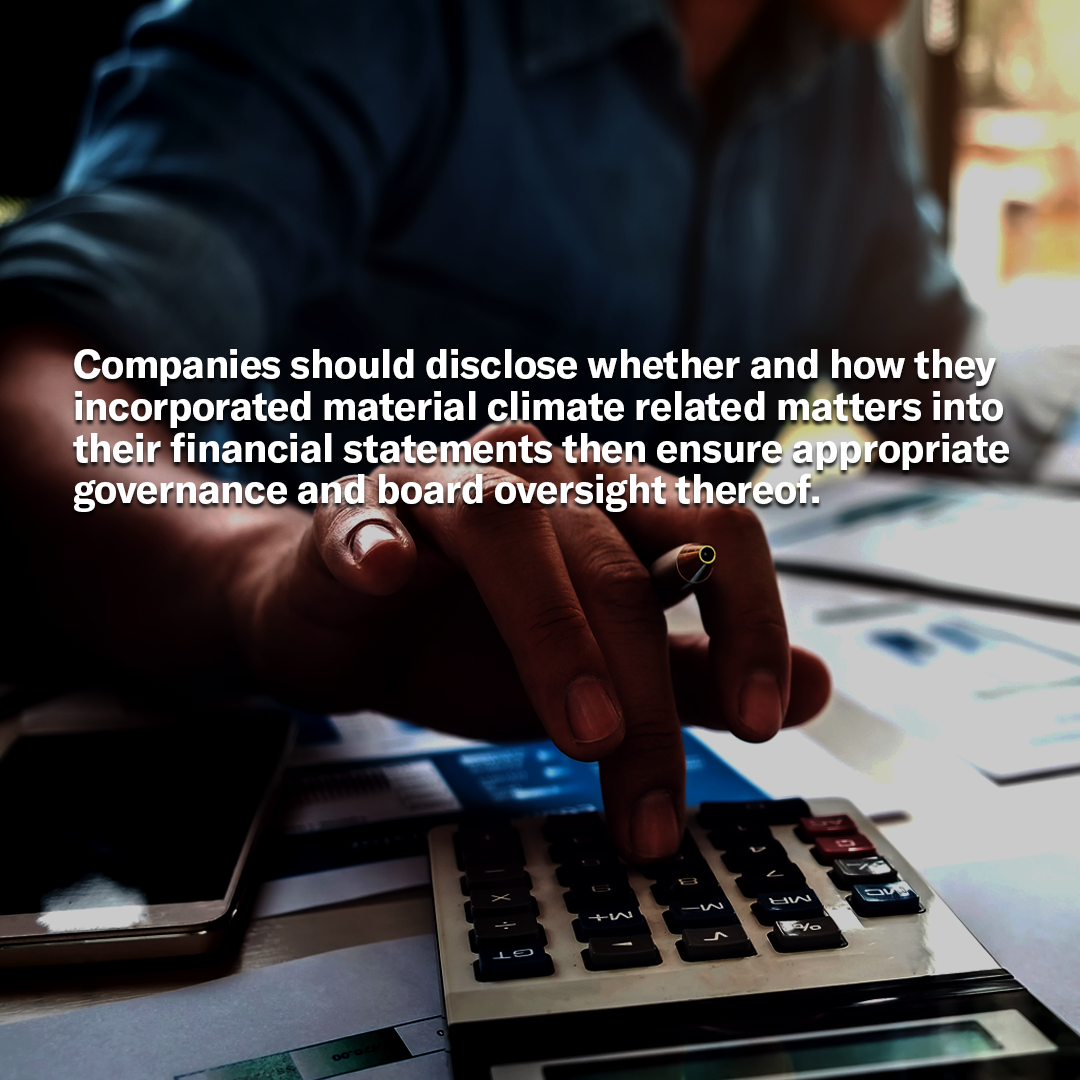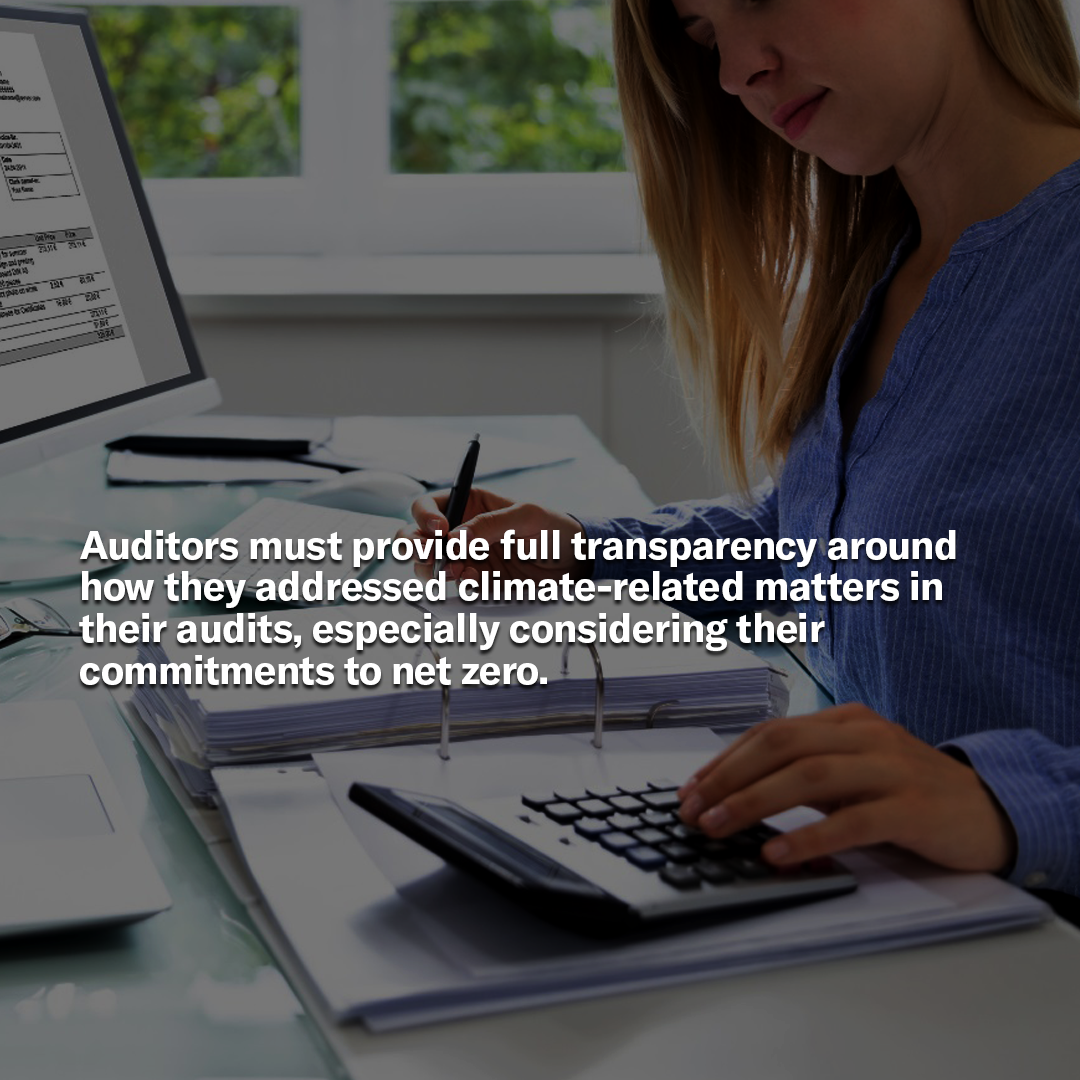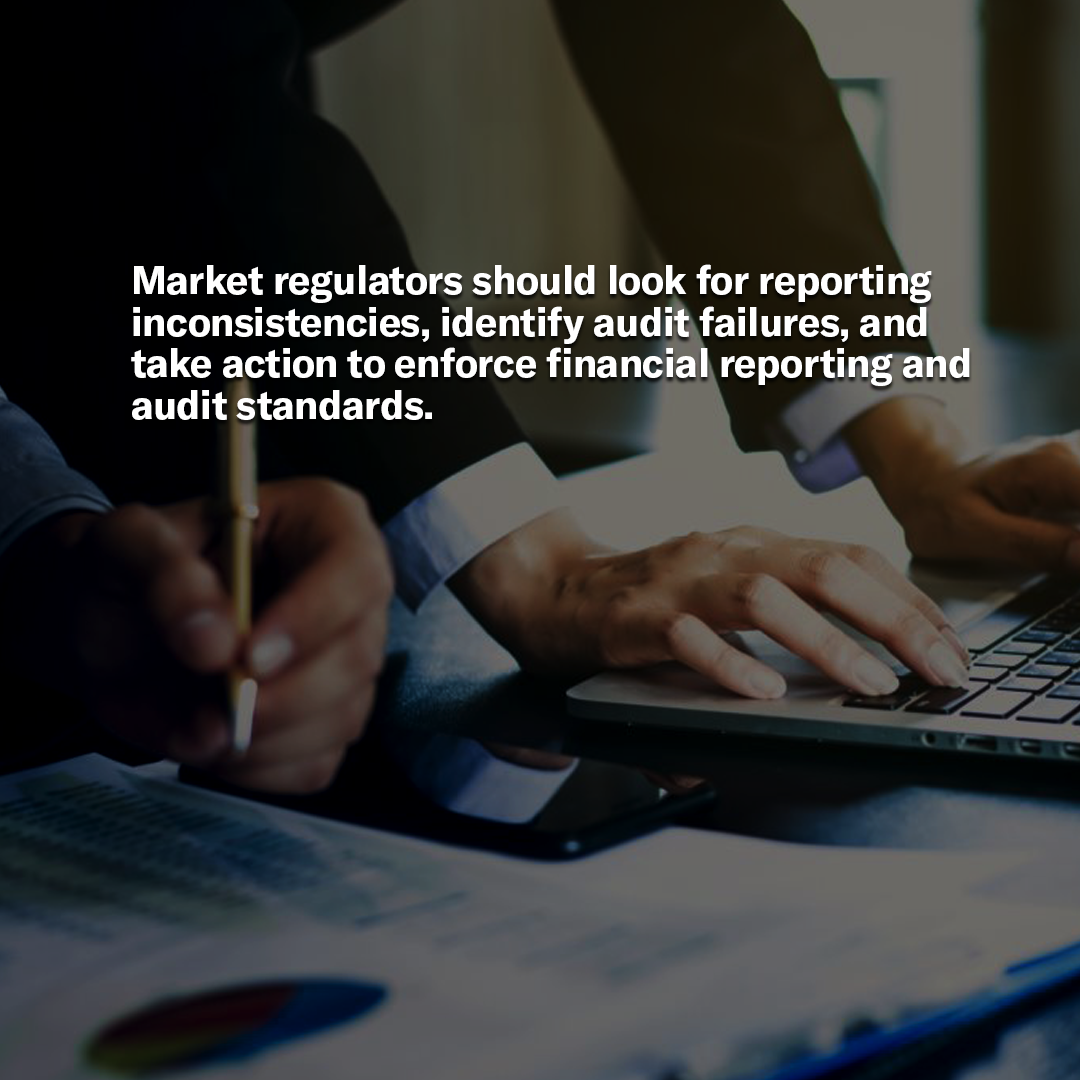How can we improve financial reporting on climate?
ACCR put a shareholder resolution to BHP requesting that climate sensitivity analysis be included in audited financial statements. BHP has been regarded as a leader in climate disclosures, but other companies such as Origin, South32 and even Glencore have recently improved or committed to improving their financial disclosures in relation to climate change. BHP is at risk of becoming a laggard.
Despite improvements in how climate change is being reported by companies generally, climate change is a financial risk so it belongs squarely in financial statements.
We believe this proposal can improve climate accounting across the ASX, especially where a company’s value & business operations are sensitive to climate change. All companies exposed to the transition and other physical risks need to show shareholders what those financial consequences might be.
Recently, a Carbon Tracker study looked at 134 multinational companies responsible for up to 80% of corporate industrial greenhouse gas emissions and found that 98% of them did not sufficiently address the impacts of climate change in their audited financial statements. This raises questions about the overall quality of financial statements, how they are being prepared and how investors can be expected to gain the information they need.

This study also found that 96% of auditors did not sufficiently address how they considered the impact of climate. Nearly all auditors refrained from commenting on the inconsistencies that fell within their checks of the financial statements and companies’ ‘other information’ like what is reported in climate transition action plans. Without credible information, markets are unable to function efficiently ensuring that risks are properly priced, and capital allocated accordingly.

It also showed that no company used assumptions & estimates that were aligned with achieving net zero by 2050 or sooner, despite a significant majority of companies having set targets or ambitions to achieve this. Only three companies assessed a sensitivity against a 1.5C scenario.

Existing Australian accounting standards set a clear expectation that climate-related risks are integrated into financial statements. The Australian Accounting Standards Board (AASB), Auditing and Assurance Standards Board (AUASB) and the International Financial Reporting Standards (IFRS) have all confirmed that climate change should be reflected in financial statements.

Climate sensitivity belongs in financial statements and investors deserve this level of transparency. While we welcome company climate transition plans and other climate change disclosures, these are not a replacement for disciplined accounting and disclosure in financial statements. Continuing to omit this material information benefits neither investors nor the global effort to decarbonise the economy.
Read our investor briefing on the BHP resolutions.